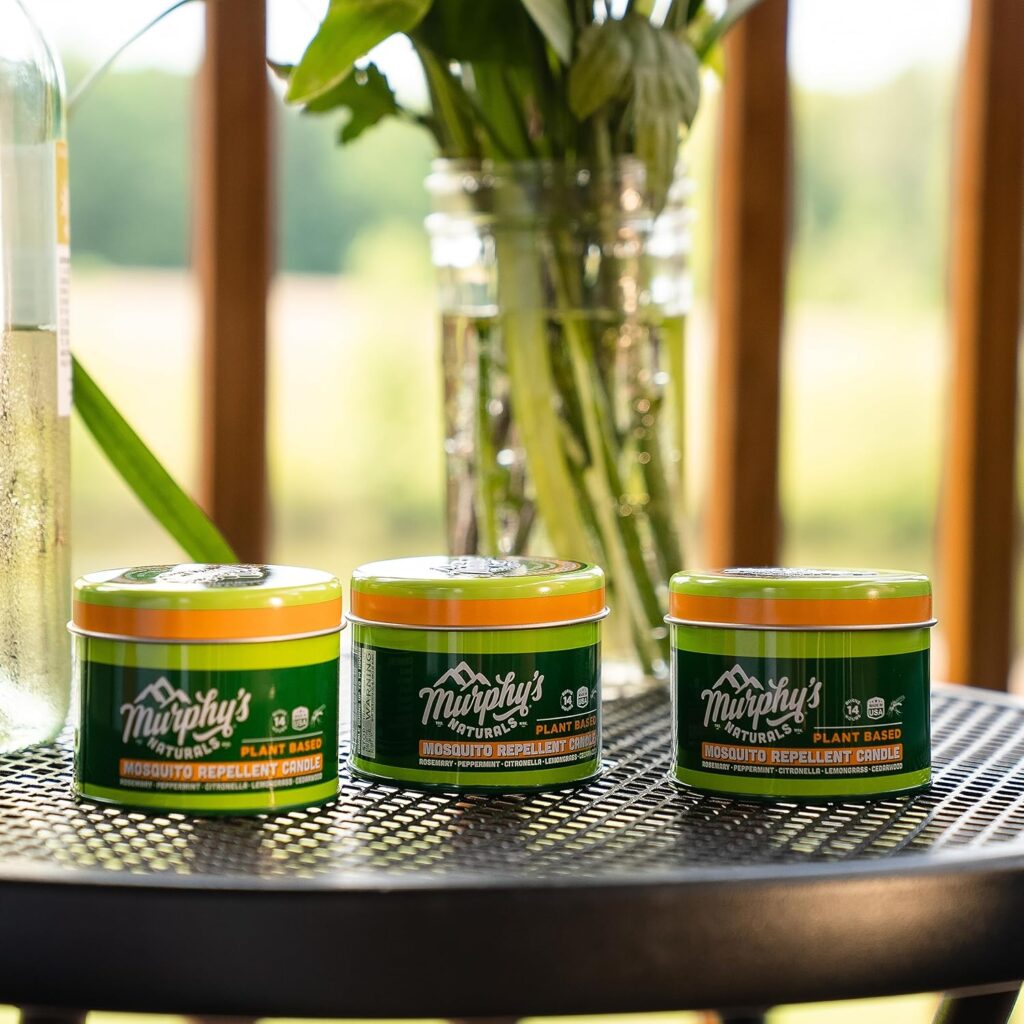If you’ve ever wondered, “Why do I have spiders in my home?” you’re not alone. Spiders can be unwelcome guests, but understanding what attracts them can help you minimize their presence. Together, we’ll discuss the factors that draw spiders into your home and some practical tips for effective pest control for spiders. Let’s jump right into it.
Common Attractants for Spiders
Food Sources
Spiders are predators, primarily feeding on insects. Therefore, an abundant insect population in your home will naturally attract spiders.
- Control insects: Keep your home free of other pests like flies, ants, and mosquitoes. Regular cleaning and pest control measures can significantly reduce the food sources for spiders.
Shelter and Hiding Places
Spiders seek out places that provide shelter and hiding spots, such as cluttered areas, cracks, and crevices.
- Declutter regularly: Reduce clutter in your home, particularly in basements, attics, and storage areas. This eliminates potential hiding spots for spiders.
- Seal cracks and gaps: Inspect your home for cracks and gaps in walls, windows, and doors. Use caulk or weatherstripping to seal these entry points.
Moisture
Spiders are attracted to moisture-rich environments. Bathrooms, basements, and kitchens can be prime spots for spiders due to the higher humidity levels.
- Reduce humidity: Use dehumidifiers in damp areas and ensure proper ventilation in bathrooms and kitchens to reduce moisture levels.
Minimizing Factors That Attract Spiders
Regular Cleaning
A clean home is less attractive to spiders and their prey.
- Vacuum frequently: Regular vacuuming removes spiders, webs, and other insects. Pay special attention to corners, under furniture, and other hidden areas.
- Clean up food: Promptly clean up food crumbs and spills, as these can attract other insects, which, in turn, attract spiders.
Outdoor Maintenance
Your home’s exterior can also attract spiders. Keeping the perimeter of your home well-maintained can help reduce spider entry.
- Maintain your garden: Keep plants, shrubs, and trees trimmed and away from the house. This reduces the number of insects and spiders near your home.
- Remove debris: Clear away leaves, wood piles, and other debris from around your home’s foundation.
Natural Repellents
Certain natural repellents can help keep spiders at bay without using harsh chemicals.
- Essential oils: Peppermint oil, eucalyptus, and tea tree oil are known to repel spiders. Mix a few drops with water in a spray bottle and apply it to areas where spiders are commonly found.
- Vinegar: A mixture of vinegar and water can also be an effective spider repellent. Spray it around windows, doors, and other entry points.
Professional Pest Control
For severe spider infestations, professional pest control for spiders may be necessary. Regular inspections are a crucial part of this approach. Scheduling regular pest control inspections helps identify potential spider issues early on and prevent them from becoming severe. During these inspections, professionals can do a complete assessment of the situation, pinpointing problem areas and devising a tailored plan to address them.
In addition to inspections, targeted treatments are essential for successful spider control. Professional pest control services offer treatments that are far more effective than DIY methods. These targeted treatments focus on eliminating spiders at their source, addressing both adult spiders and their nests. With expertise and specialized tools, pest control professionals can ensure a thorough and lasting solution to your spider problems.
Get the Help You Need
Knowing what attracts spiders to your home is the first step in effective spider control. By minimizing food sources, reducing clutter, controlling moisture, and maintaining your home’s exterior, you can make your home less inviting to spiders. For persistent issues, consider professional pest control for spiders to keep your home spider-free. Reach out to Aptive today to learn more.








